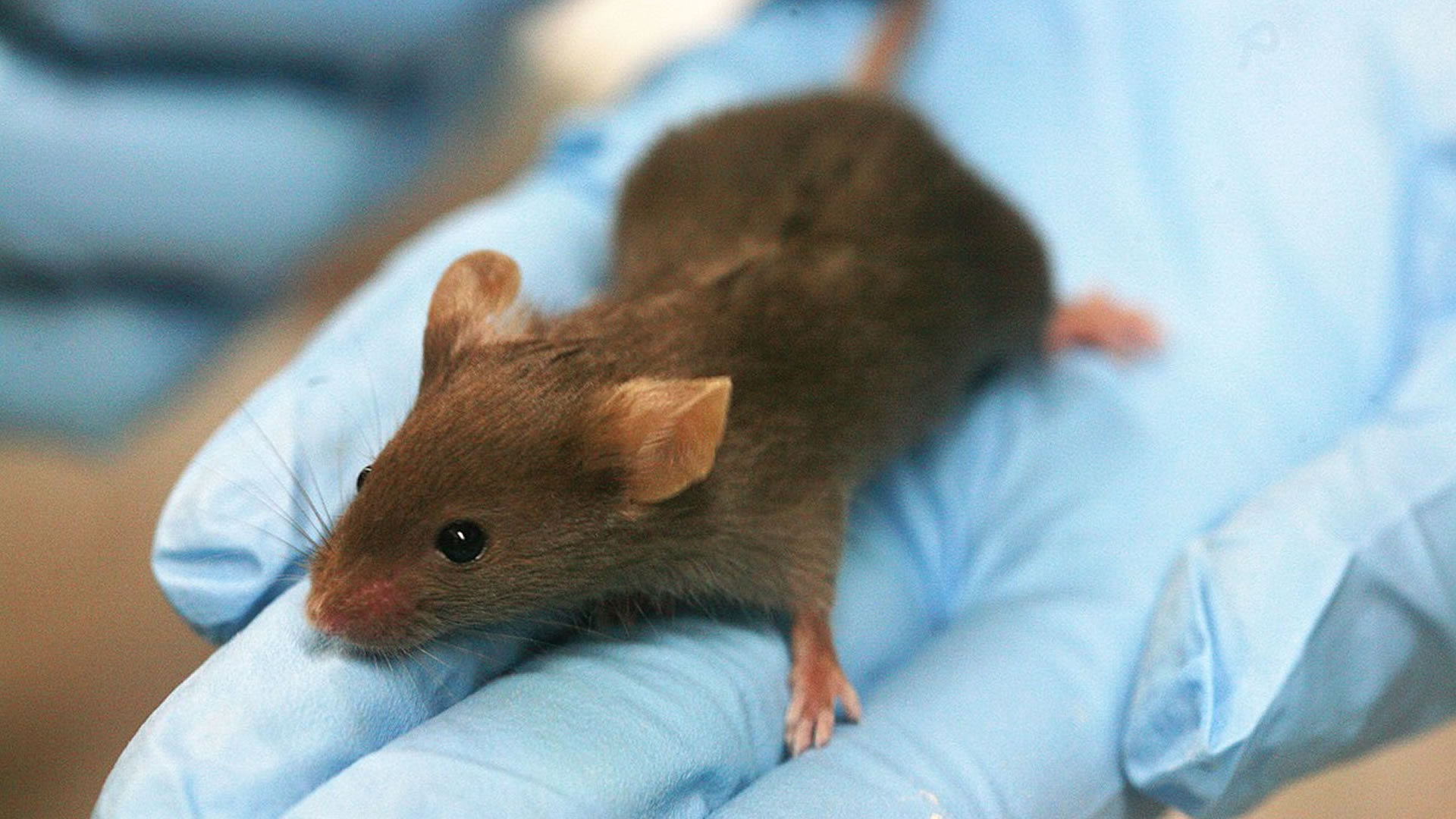China's scientists use rare mineral tellurium to restore vision in mice

Source: interestingengineering
Author: @IntEngineering
Published: 6/8/2025
To read the full content, please visit the original article.
Read original articleChinese scientists at Fudan University in Shanghai have developed an innovative artificial retina implant using tellurium nanowires that can restore vision in blind mice and improve vision in monkeys. Tellurium, a rare element with excellent photoelectric properties, mimics the function of photoreceptor cells by converting light—including infrared radiation—into electrical signals that the brain can interpret as images. The researchers created a mesh-like network of tellurium nanowires, called tellurium nanowire networks (TeNWNs), which when implanted into the retinas of blind animals, restored pupillary responses and activated the visual cortex. Blind mice implanted with the device performed nearly as well as sighted mice in pattern recognition tasks, and monkeys showed improved vision, including the ability to see infrared light, which is normally invisible to mammals.
This breakthrough represents a potential first step toward bionic eyes with enhanced capabilities such as infrared “super sight.” While human trials are not imminent due to regulatory hurdles, the tellurium-based technology may lead to a new generation of artificial retinas that restore and augment vision. The research intersects nanotechnology, neuroscience, and materials science, with implications for medicine, military applications, and human enhancement. The study was published in the journal Science, highlighting tellurium’s strategic importance as China controls most of its production and its expanding use in solar panels, semiconductors, thermoelectric devices, and now neural vision implants.
Tags
materialsnanotechnologytelluriumartificial-retinaphotoreceptor-cellsinfrared-visionbionic-eyes